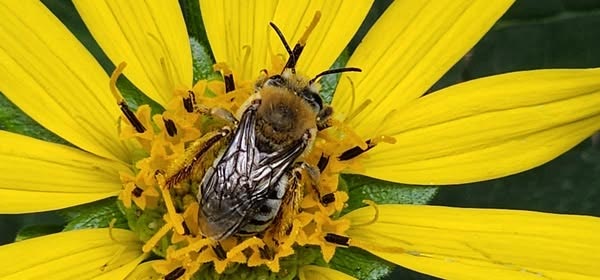Michael McIntyre, a Xerces member from Christiansburg, Virginia, has spent the past 25 years converting his family’s suburban lawn into a pollinator paradise. Michael’s passion for invertebrate conservation is rooted in some of his earliest childhood memories. He recalls there was a small stream that ran through his apartment complex, where he spent countless hours gently turning over rocks in search of crayfish.
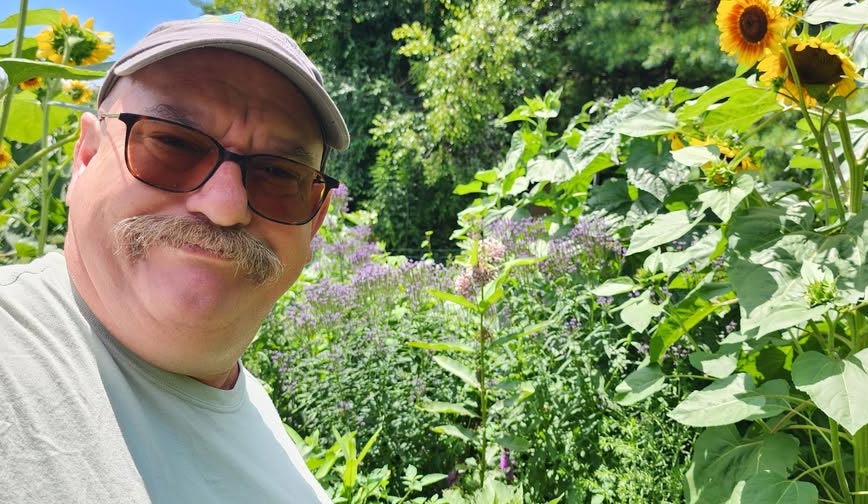
Michael’s passion for invertebrates really took off in his experience witnessing his hometown surroundings change. Michael recalls, “I saw orchards, farms, and wild places fall prey to the killing blade of progress. I saw stands of trees fall and burn to make way for strip malls. I saw those strip malls become derelict as more land was taken for bigger strip malls. It was all such a huge waste. Sadly, the process has been ongoing, and it has accelerated in recent years.”
In quiet protest, Michael dedicated his energy towards creating habitat. Over the past 25 years, Michael has transformed his family’s suburban lot into a thriving habitat. He now grows more than 140 native plant species that support a variety of invertebrates and other wildlife. Michael observed, “Bombus impatiens is the most common pollinator species nesting here, but I almost certainly have mason bees and sweat bees. I've got wasps and flies that appear to be functioning as pollinators, and of course butterflies large and small”.
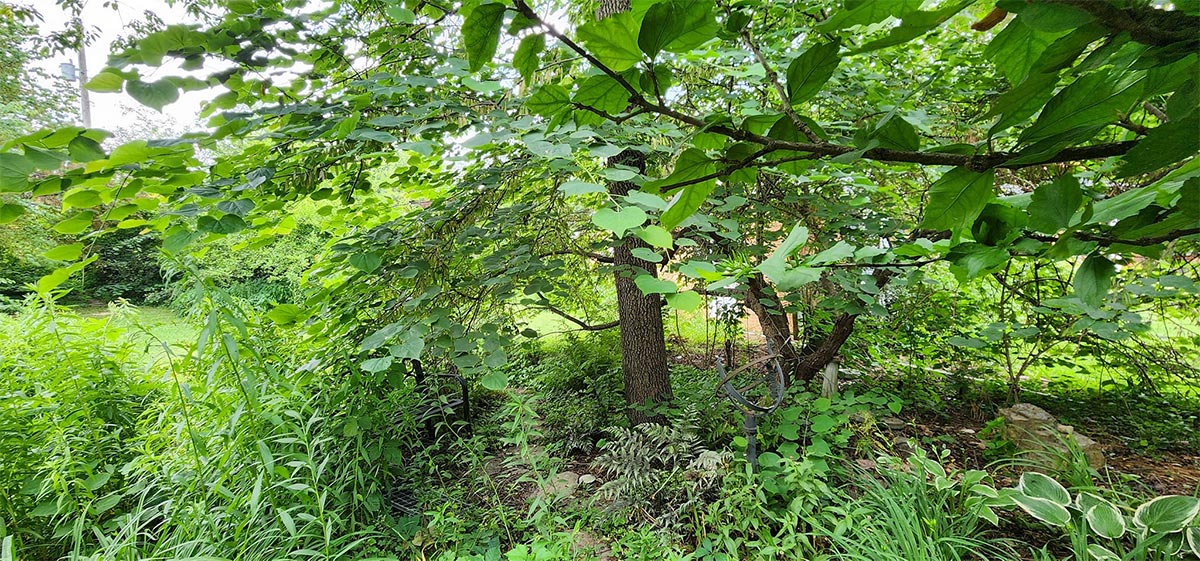
Michael says, “Two invertebrates that fill me with pride are the humble millipede and the American bumble bee. Whenever I see millipedes tooling around after a good rain, I know I have a functioning ecosystem from top to bottom. These guys turned all my old leaves into the rich black humus that I enjoy today.” In 2024, he spotted the American bumble bee (Bombus pensylvanicus) on his property for the first time, a species in steep decline.
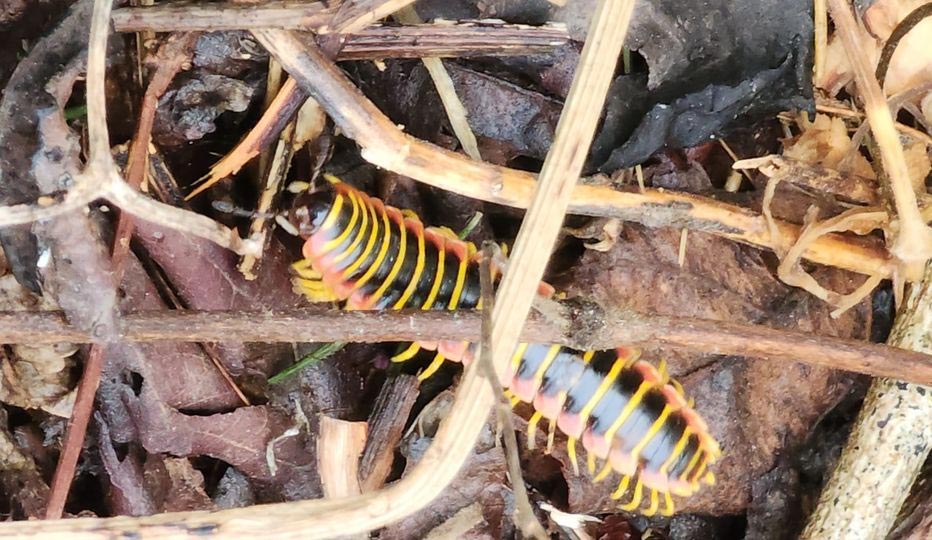
In addition to being proud of his slice of pollinator paradise, Michael is especially proud of his adult son, Jonathan, for pursuing a career that supports conservation. Jonathan works as a grower at a plant nursery and is responsible for most of the native plants they produce.
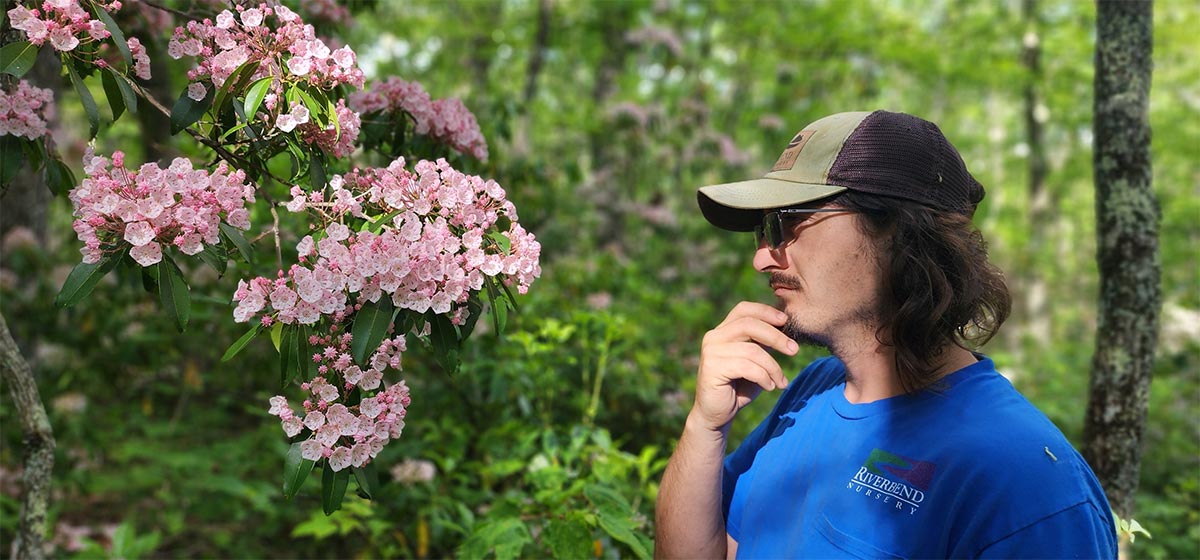
Michael’s advice for anyone looking to create habitat is simple: “If you build it, they will come.” He encourages people to start small and work incrementally, noting that time and care are often the most valuable investments.
